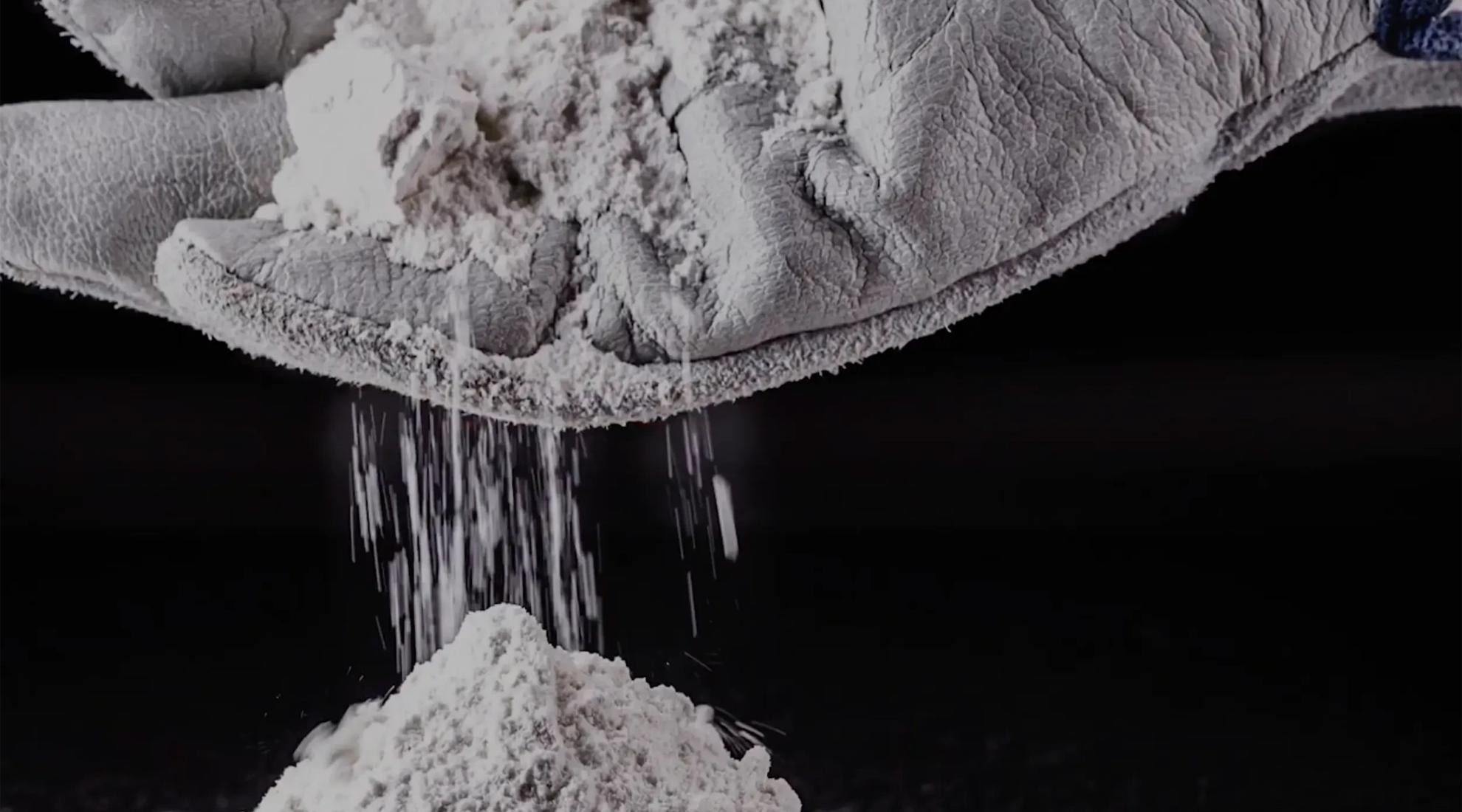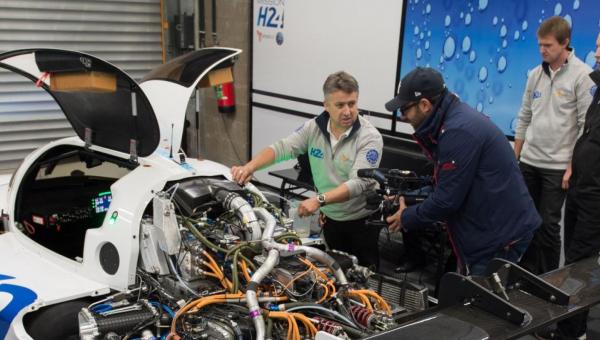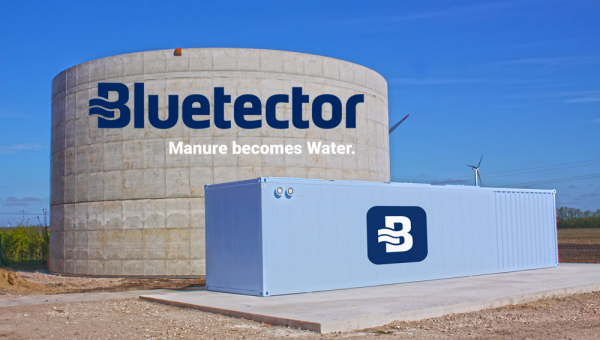Alternative for prohibited food additives

Inspired by nature, a start-up is developing a plant-based solution for a white colour pigment that can be used as a food additive.
Whether white is a colour or not is a matter of debate, which we do not want to go into today (technically speaking, white is not a single colour but rather a combination of all the colours of light in the visible spectrum).
But a touch of white, namely white pigment in the form of titanium dioxide, is often used in the food industry and in cosmetic products. This is an odourless powder that enhances the white colour or opacity of foods and over-the-counter products, including chewing gum, coffee creamers, sweets and toothpaste. But because it may be carcinogenic, titanium dioxide has been banned from food products in Switzerland and Europe since 2022. A Swiss start-up has jumped on the bandwagon and is developing a plant-based alternative.
A plant-based alternative
Seprify, a spin-out from the University of Fribourg and University of Cambridge, has taken up the challenge and is setting up an initial pilot facility in Switzerland to develop an alternative based on plant cellulose. Cellulose is the main constituent of plants and is extracted from biomass and turned into high value ingredients. As well as being 100% natural, this cellulose powder has another advantage, explains the director of the start-up:
Obtaining white in a preparation is not difficult. What is difficult is achieving it with very thin layers and very little material. We have found a solution.
Inspiration from nature
The inspiration for the new material, explains the start-up in a media article, comes from nature: a genus of beetles called Cyphochilus with unusually bright white scales that cover the whole exoskeleton. Using the beetle scales as inspiration, the Seprify team sought to find a similar fibrous structure to create white colour, which they identified in cellulose.
Pilot production line soon up and running
The Swiss start-up announced a CHF 2 million grant from Innosuisse in December 2023. With the new funds, they aim to conclude the pilot production line in Marly, Switzerland, expand the team, and accelerate the work with partners on market entry. According to a statement, after an initial focus on the food, pharma and cosmetic sectors, the plant cellulose will also be used in a wide range of formulations in paint, coatings and inks. In these sectors, the process has the potential to save millions of tonnes of CO2 emissions at scale.




